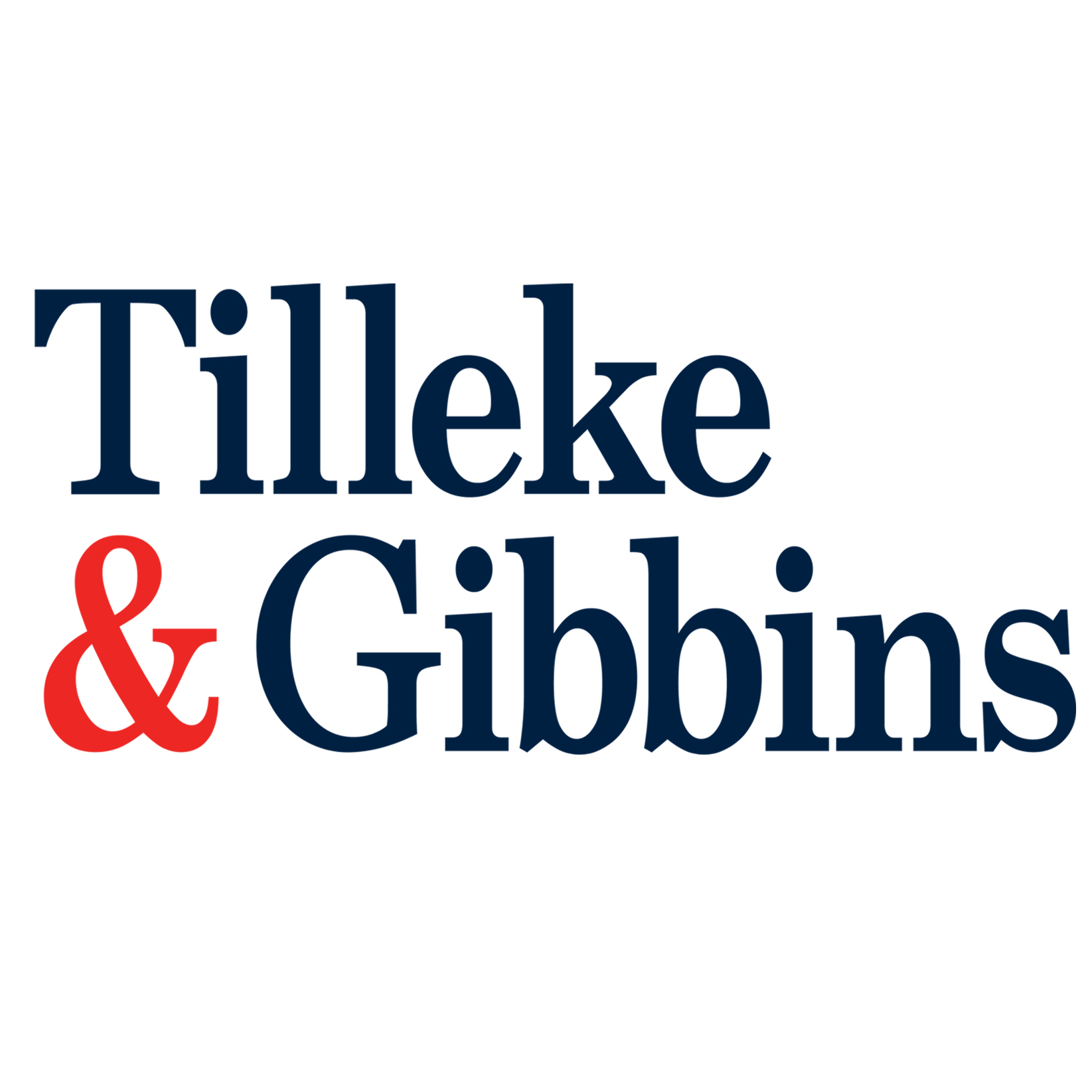Patents & Trademarks
Tilleke & Gibbins / Vietnam
All about patents & trademarks in Viatnamese Pharma. Prepared in association with Tilleke & Gibbins, a leading law firm in Vietnam, this is an extract from The Pharma Legal Handbook: Vietnam, available to purchase here for USD 99.
1. What are the basic requirements to obtain patent and trademark protection?
PATENT
To qualify for patent protection, an invention must meet the following basic conditions:
- Be globally novel;
- Involve an inventive step; and
- Have its subject matter capable of industrial application.
TRADEMARK
To be eligible for protection as a trademark, a mark must be:
- A visible sign in the form of letters, words, drawings, or images, including three-dimensional images, or a combination of these, represented in one or more colors; and
- Capable of distinguishing goods or services of the mark owner from those of other subjects (that is, it is distinctive).
2. What agencies or bodies regulate patents and trademarks?
The Intellectual Property Office of Vietnam (“IP Office”) under the Ministry of Science and Technology is the authority managing patents and trademarks.
3. What products, substances, and processes can be protected by patents or trademarks and what types cannot be protected?
PATENT
A technical solution in the form of a product or process which is intended to solve a problem by application of natural laws can be protected with a patent. The following subject matters are excluded from patentability:
- Discoveries, scientific theories and mathematical methods;
- Schemes, plans, rules and methods for performing mental acts, training domestic animals, playing games, or doing business; computer programs;
- Presentations of information;
- Aesthetic solutions;
- Plant varieties, animal varieties;
- Processes of essentially biological processes for the production of plants and animals, except microbiological processes;
- Prevention, diagnostic and therapy methods for treatment of human or animals.
TRADEMARK
Any sign used to distinguish goods or services of different organizations or individuals is eligible for registration for trademark protection. The following signs cannot be registered as trademarks:
- Signs that are identical or confusingly similar to (i) national flags or emblems, (ii) symbols, flags, insignias, full names, or abbreviated names of state agencies or other social organizations, (iii) names of Vietnamese or foreign national leaders, heroes and celebrities, or certification seals of international organizations.
- Signs that mislead, confuse or deceive consumers as to the origin, nature, intended purposes, quality, value or other characteristics of the goods or services.
4. How can patents and trademarks be revoked?
A patent or trademark can be wholly revoked if it is found that the applicant had neither the right to registration nor had been assigned such right, or the patented invention/trademark did not satisfy the protection requirements at the grant date of the patent/certificate. It can also be partially revoked if part(s) of it fail(s) to satisfy the protection requirements. Additionally, a trademark in Vietnam is subject to non-use cancellation if it has not been used for five consecutive years.
5. Are foreign patents and trademarks recognized and, if so, under what circumstances?
All foreign inventions need to undergo the local patent registration process at the IP Office. No foreign patents can be recognized in Vietnam.
While registration in Vietnam is generally a prerequisite for a mark to be protected as a trademark, well-known trademarks are recognized on the basis of use and their registration is not required. There are various criteria for the determination of whether a trademark is “well-known,” such as the number of protections obtained for such trademark in foreign countries, or the licensing value of such trademark. Other foreign trademarks need to undergo the local registration process at the IP Office.
6. Are there any non-patent/ trademark barriers to competition to protect medicines or devices?
Vietnam has a data exclusivity period for drugs, which lasts from the date the trial data is filed to the date of expiration of the five-year validity of the MA granted to an applicant with confidential trial data. However, the protection mechanism is not very effective in practice.
7. Are there restrictions on the types of medicines or devices that can be granted patent and trademark protection?
Generally, there is no restriction on the types of medicines and devices that can be granted patent and trademark protection. However, prevention, diagnostic and therapy methods for treatment of humans or animals cannot be protected by patents.
8. Must a patent or trademark license agreement with a foreign licensor be approved or accepted by any government or regulatory body?
It is not mandatory to obtain an approval or acceptance of patent or trademark license agreements, including one with a foreign licensor, in order for such agreements to be valid against the contracting parties. However, for a trademark license agreement, it is only valid against any third party upon registration with the IP Office.























































